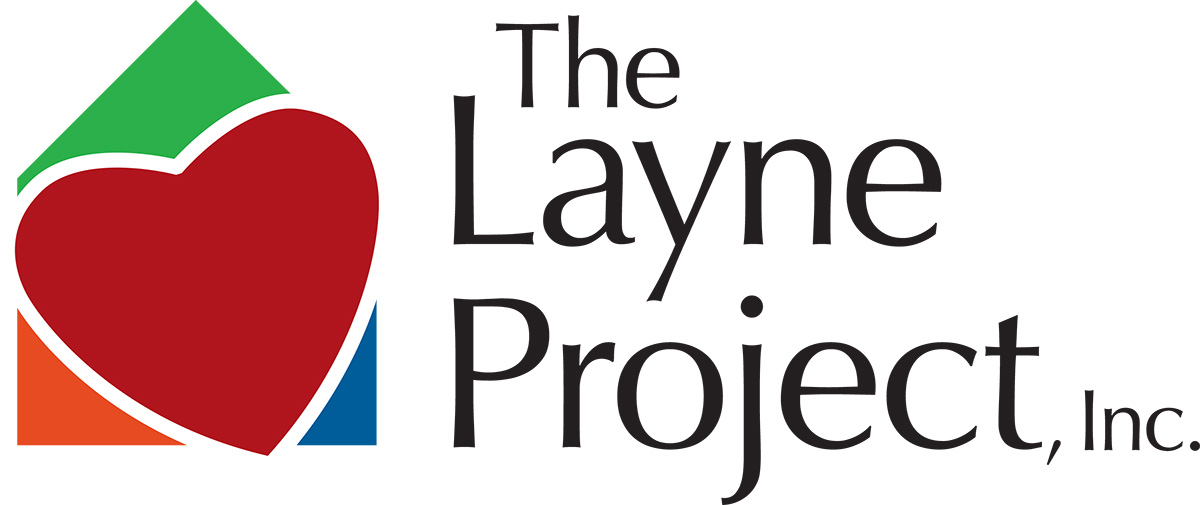Week 7: All In Startup – Co-Parenting Is a Long Game, Not a Quick Fix

What Entrepreneurs and Co-Parents Often Get Wrong
In All In Startup, Diana Kander challenges one of the most common traps in entrepreneurship:
Entrepreneurs fail when they fall in love with their idea instead of their customer’s problem.
That same trap shows up in co-parenting all the time.
One parent builds a routine they believe is ideal.
The other defends a schedule they’ve grown attached to.
Each parent wants to be heard—but neither stops to ask:
Is this working for our child?
Validation Is the Key
In business, smart founders don’t scale an idea—they test it.
They ask: What problem am I really solving? And for whom?
In co-parenting, we’re not marketing to a customer.
But we are building systems—schedules, transitions, and agreements—that impact someone deeply:
Our child.
That’s where the validation comes in. But not through interrogation or assumptions.
BeH2O™ and the Power of Small Tests
In BeH2O™, we encourage parents to stay open and observant—not just about what feels right, but about what is right.
You don’t need to interrogate your child or over-interpret their every move.
But you can tune into the tone of transitions, the energy in communication, the way things settle (or don’t) after a change.
Real feedback is often quiet.
It’s found in patterns.
And co-parents who are willing to iterate instead of insist tend to build systems that evolve with their children.
Entrepreneurs Don’t Guess—They Test
And neither should co-parents.
What if you stopped defending your parenting plan and started testing it?
What if you made one small change, watched what happened, and adjusted based on real feedback—not assumptions?
All In Startup reminds us: You don’t win by forcing your idea—you win by staying committed to solving the right problem.
The same is true in co-parenting.
You don’t “win” a parenting plan.
You earn progress by being willing to adapt again and again.
This Week’s Reflection
-
Where am I pushing a solution instead of exploring the root problem?
-
What small shift could I test to see if it improves our parenting rhythm?
-
Where might I be defending my plan instead of solving for what matters most?
Looking Ahead: Systems That Scale
Next week, we’ll explore Traction by Gino Wickman—and how applying the EOS framework to co-parenting creates the structure, rhythm, and accountability healthy families thrive on.
